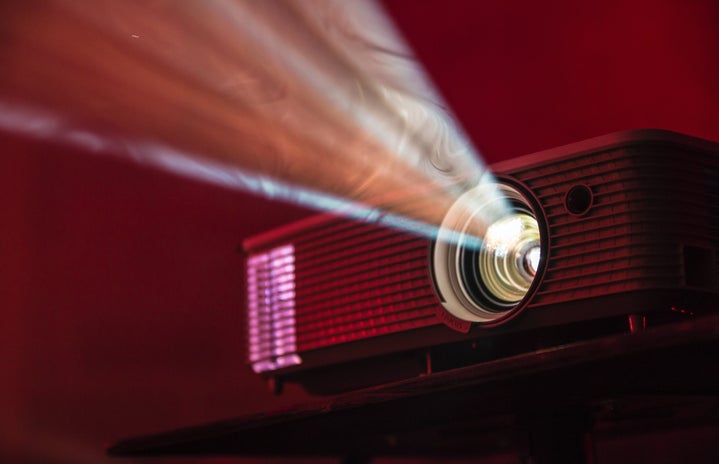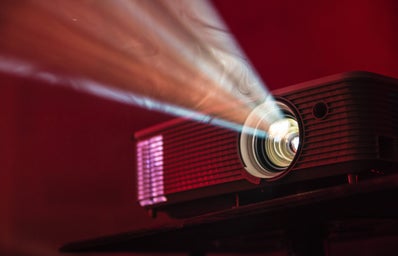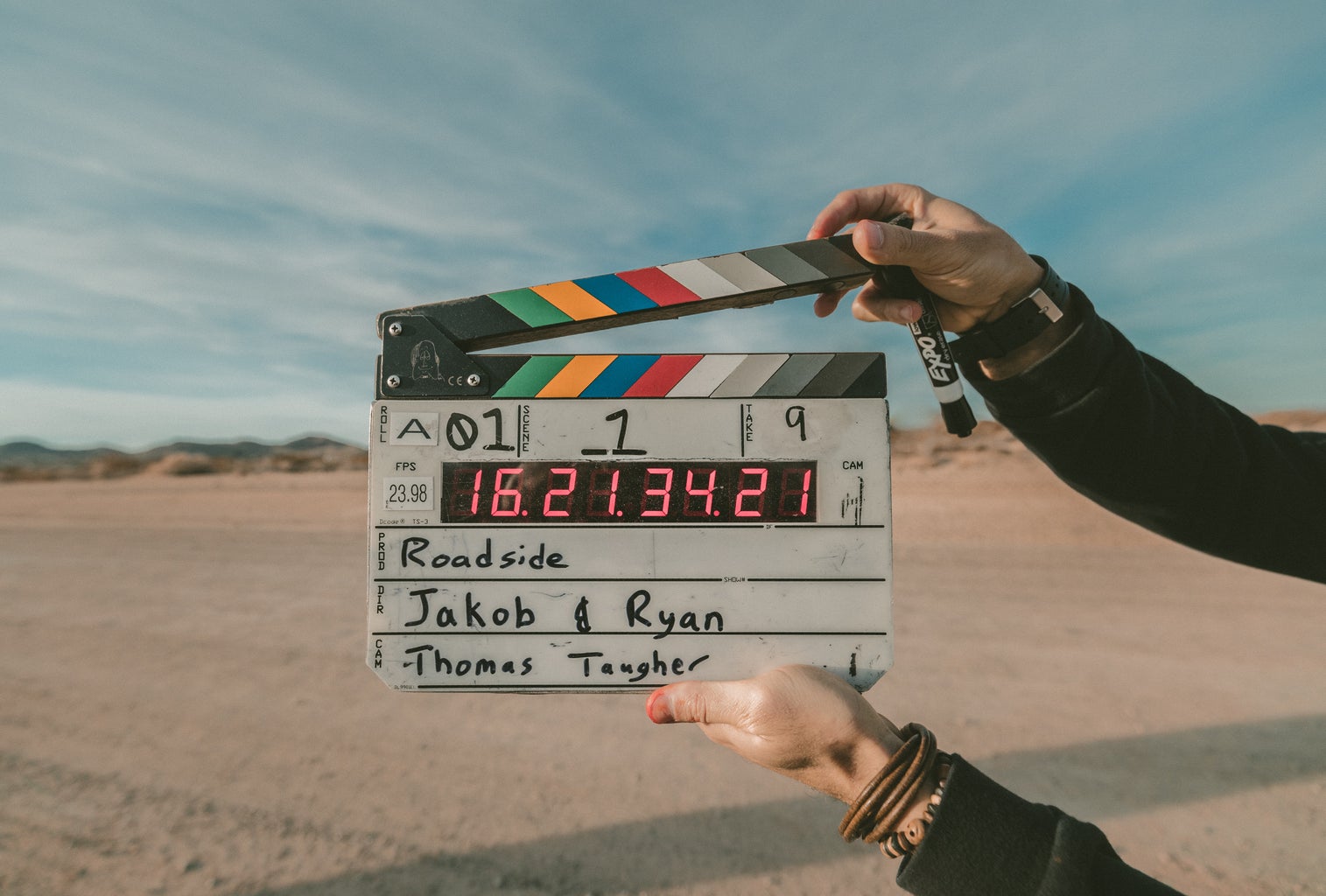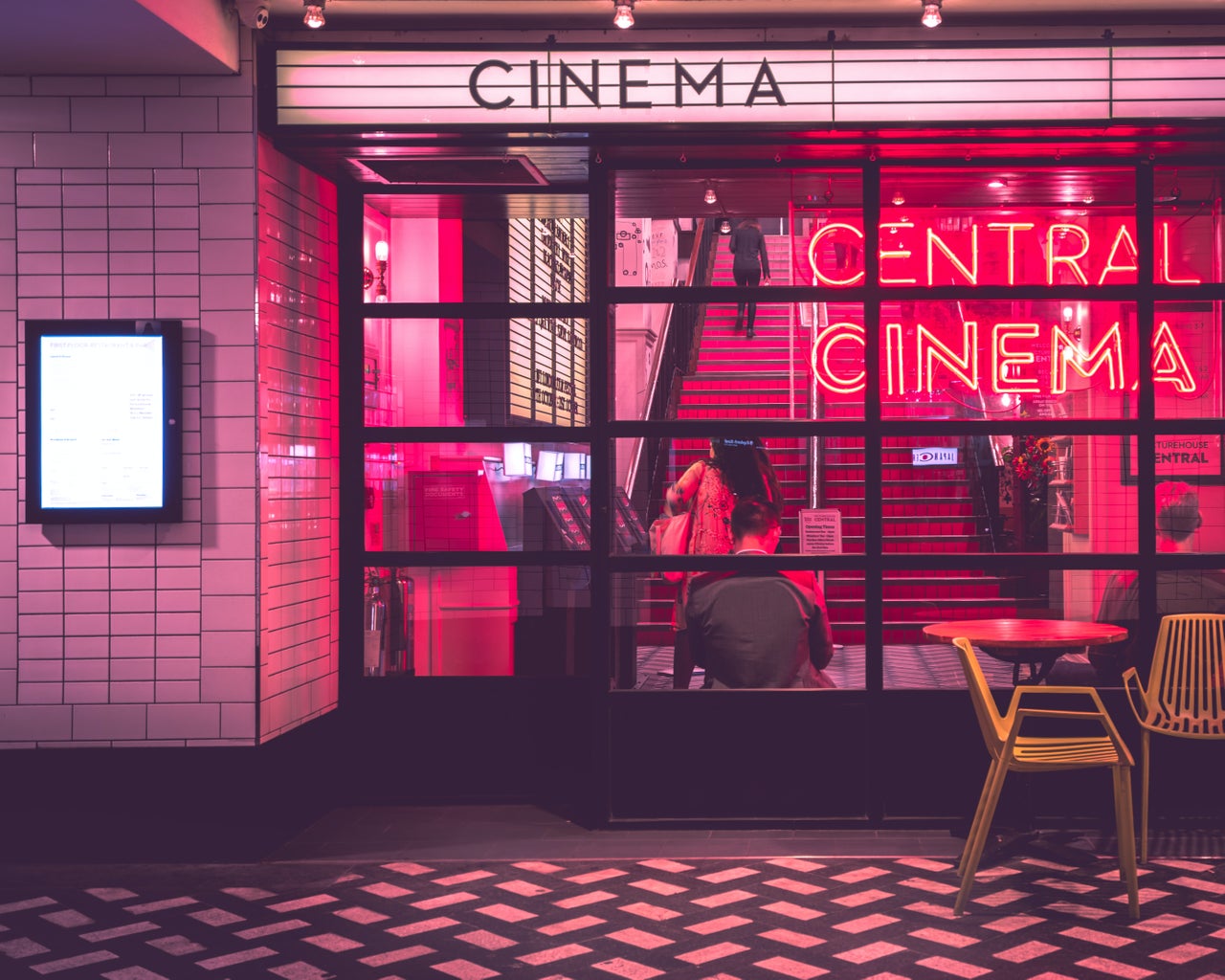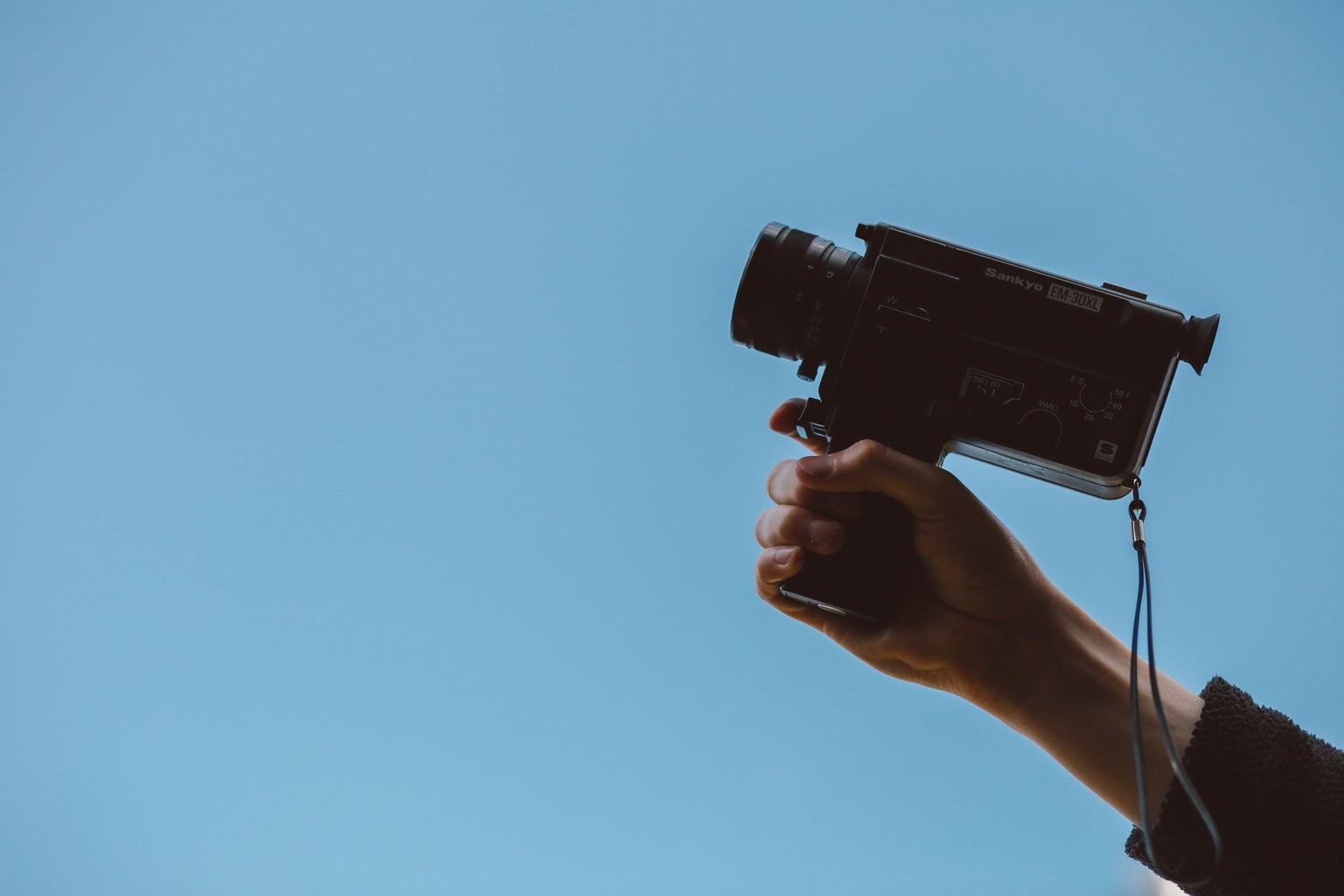As 2023 kicks off, everyone, especially film buffs like myself, is on the edge of their seats for this year’s movie releases. From Dune: Part Two to Spiderman: Across the Spiderverse to Indiana Jones and the Dial of Destiny, this year looks like a great one for film. But there is one day that almost everyone has been talking about: July 21st. Why? Greta Gerwig’s Barbie and Christopher Nolan’s Oppenheimer are premiering on the same day.
Now cinema is no stranger when it comes to same-day releases; Ghostbusters and Gremlins both came out on June 8th, 1984, and The Matrix and 10 Things I Hate About You both opened on March 31st, 1999. It can be exciting to have two new movies to watch in one weekend. But the Barbie and Oppenheimer face-off feels different. This is not a simple competition for money: this is a battle of the sexes.
Barbie is the definition of femininity, an icon that has been subverting female stereotypes since 1959. Holding more than 200 careers and going to the moon four years before Neil Armstrong, Barbara Millicent Roberts has accomplished a lot in the past 63 years. With her first theater release ever, this film has fans raving over Margot Robbie and Ryan Gosling’s casting as Barbie and Ken, along with other stars like Simu Liu and Will Ferrell. The film follows Barbie as she is expelled from Barbieland, a society filled with Barbies and Kens, for being a less-than-perfect doll, and she tries to find true happiness. This project is also being headed by Greta Gerwig, who has risen to popularity for her spectacular films portraying the female experience, Lady Bird and Little Women. Her chosen aesthetic, based on the teaser we have seen, embraces Barbie’s lively and unapologetic energy.
On the other hand, Nolan’s Oppenheimer seems to be the epitome of “film bro” cinema: a historic World War II-centric film with a mostly male, mostly white all-star cast. The movie is going to tell the story of real-life American theoretical physicist J. Robert Oppenheimer and his creation of the atomic bomb. His use of practical effects are exciting and praised in a world of CGI-ridden blockbusters; however, Nolan has stated that he recreated the first nuclear weapon detonation without the help of computers. If you ask me, that’s one step too far over the line of pretentiousness.
These two movies going neck-and-neck seems to be nothing more than a coincidence and some healthy competition, but I believe it’s more than that. This feels like a test by Hollywood: who will succeed, girls or boys?
Now, I know that is a very black-and-white explanation, especially when all genders have different taste in media and the “for girls or “for boys” message radiating from movie marketing is starting to disappear. But I think it’s more about the concept rather than the actual audience. Studios don’t care who buys the tickets, as long as the theater seats are full. What does matter is what ideas, celebrities, and styles are bringing people into those seats.
Whichever film comes out on top this July could also potentially have an influence on what products the film industry pumps out in the next few years. That might sound like a stretch, but you’d be surprised how one major success can start a trend. A great example of this is Harry Potter & The Deathly Hallows; this was the first major Hollywood adaptation to be split into two parts. After this, many series including The Hunger Games, Twilight, and as mentioned before, Dune have all followed in this film’s footsteps. Another example is how Steven Spielberg’s 1975 film Jaws was the first summer blockbuster.
If Oppenheimer makes more money, the standard of blockbusters being directed by men will be upheld and there may not be as many chances for other directors and writers to be as creative as they want to be. This movie radiates a very “classic movie” energy, not that that’s bad, but I think that we need to move past the idea that this “classic” aesthetic is the standard for top-tier cinema. The Godfather and Taxi Driver have made an undeniable and important impact on the industry and art form; however, I believe that those films are a part of a movement. They have their place in history and should be seen and studied, but modern films should not aspire to be on their level or emulate their style. That’s why the phrase “film bro” has become so agitating; it’s the concept that someone is so obsessed with one genre they shut out all other opinions. Like any art form, film is ever-changing and that change should be embraced.
However, if Barbie takes the cake, it will not only be a huge victory for women directors and filmmakers, but also give studios and producers faith that campy and ambitious concepts can be profitable. Female directors have certainly progressed in the past decade, but men still dominate the industry and have say-so over many aspects of it. Gerwig’s film has the potential to show the movie business that women can direct successful summer blockbusters and you don’t need to be Spielberg to do it. It will break down the idea that successful Hollywood has to be gritty and dark, bringing a splash of pink onto the red carpet.
Sadly, women made up 12% of directors working on the 100 top-grossing films in 2021 according to The Celluloid Ceiling Report. Personally, I hope that Barbie takes the number one spot at the box office to prove that she is more than a girl’s toy. Barbie’s teaser trailer making a direct reference to Stanley Kubrick’s 2001: A Space Odyssey perfectly encapsulates this entire argument: Barbie knows who she is being compared to, and she’s letting everyone know that “imagination, life is your creation.”
